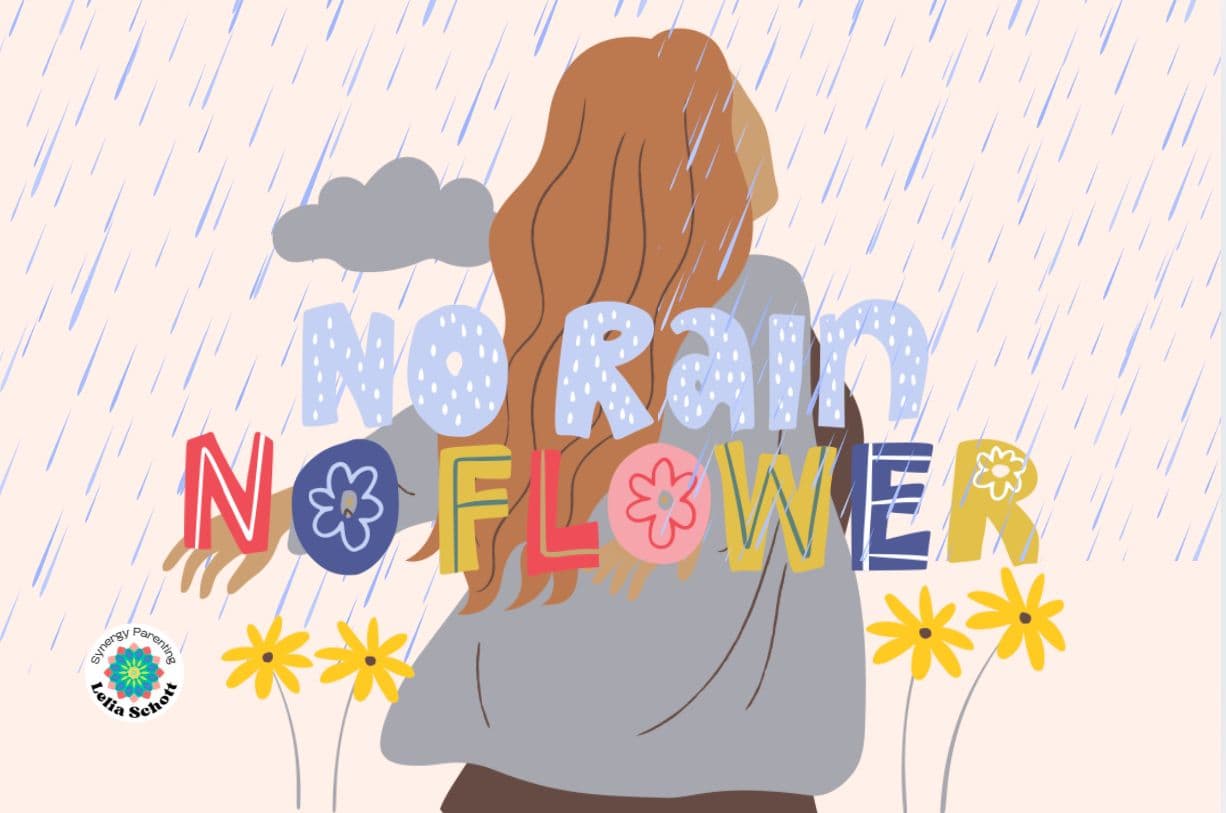
How to Transform Frustration into Resilience
Published: 12/12/2024
Transforming Frustration into Resilience by transforming Mad into Sad
This post draws inspiration from the insightful work of Dr. Gordon Neufeld, combined with my perspectives as a seasoned parent and professional coach who has supported hundreds of people in their emotional and relational worlds.
One of the key indicators of emotional well-being in children is their ability to express when things don't go their way.
A mature response to challenging situations often includes the capacity to express sadness. Dr. Neufeld emphasizes that tears can be a healthy part of this emotional process, signaling growth and resilience.
Why Embracing Tears Matters:
While we may not wish for our children to cry, it’s important they feel safe enough to do so when they encounter unchangeable realities. Experiencing tears in moments of frustration is crucial for their emotional development. Without these expressions, children may resort to aggression or struggle with repression or regression .
The Positive Side of Tears
Every day, children confront situations they cannot control—whether it’s wanting more snacks, seeking extra screen time, or facing a loss in games. When they encounter these barriers, feelings of frustration are natural. Although they may attempt to alter outcomes, it’s essential they learn that some things are simply beyond their influence.
As they grow, children learn to adapt to these moments of disappointment. Allowing themselves to feel sadness teaches them resilience, reinforcing their ability to cope with future challenges. They become resourceful problem-solvers, adapting their strategies and perspectives.
For more sensitive children, the struggle to transition from frustration to acceptance can be more challenging. This can evoke similar feelings in parents, highlighting our own past challenges with acceptance and resilience.
Navigating Emotions Together
In the journey of raising humans, it's natural for parents to encounter their own unresolved emotions, particularly when children experience frustration. By recognizing that frustration is a crucial aspect of emotional development, parents can cultivate greater empathy and understanding, ultimately supporting their children's growth in a more constructive way.
Normalize instead of pathologize
Recognize that grappling with frustration is a standard part of human development. It’s common for deeply feeling children to wrestle longer with challenges because these emotions carry great weight.
Supporting Each Other: Acknowledge that parents and caregivers also require emotional support during challenging moments.
Emotional Nuance: Young children experience frustration frequently, often because they lack the skills to navigate their emotions. This can trigger natural instincts like fight or flight as their brains develop.
Human Experience: Experiencing frustration while raising kids doesn’t indicate failure; it’s a shared human experience.
The Power of Expression:
One foundational truth of emotions is their need for expression. Recognizing this truth enables us to create space for healthy emotional release. If we don’t facilitate this expression, feelings can manifest in ways we may not intend.
A Positive Reminder:
When frustration arises, it’s beneficial to focus on what we **can** change rather than what we can’t. Finding ways to achieve small victories can alleviate the pressure surrounding frustration and help us adapt to situations that don’t unfold as we wish.
Encouraging Healthy Processing:
Provide opportunities for your child to express disappointment in safe environments, such as through play, movement, nature, music and other creative outlets.
3 Neufeld Approach ways of expression - destructive activities, constructive activities, and melancholy-inducing activities.
Destructive play “vents” frustration
- Slamming a punching bag
- Hammering glass bottles wrapped up in a towel
- Chopping wood
- Drawing a picture of someone or something and ripping it up
- Teens may like a “shit book” (a journal for rants and swear words and other generally unacceptable things) or
- Making a “This Sucks” box (like an old-fashioned complaint box) in the kitchen where family members can deposit paper slips filled with frustration whenever it needs to come out
Constructive play - making things go our way
Making something just right, be it through woodworking, ceramics, baking, or cooking
- Planting and tending to a vegetable garden
- Organizing a drawer, desk, or bookshelf
Melancholy-inducing activities - turning mad into sad
- Watching sad movies
- Reading poetry
- Making music or listening to music
- Reflective journaling
- Each of these approaches offers different pathways for coping with and expressing complex feelings.
What helps you with frustration?
♡Lelia